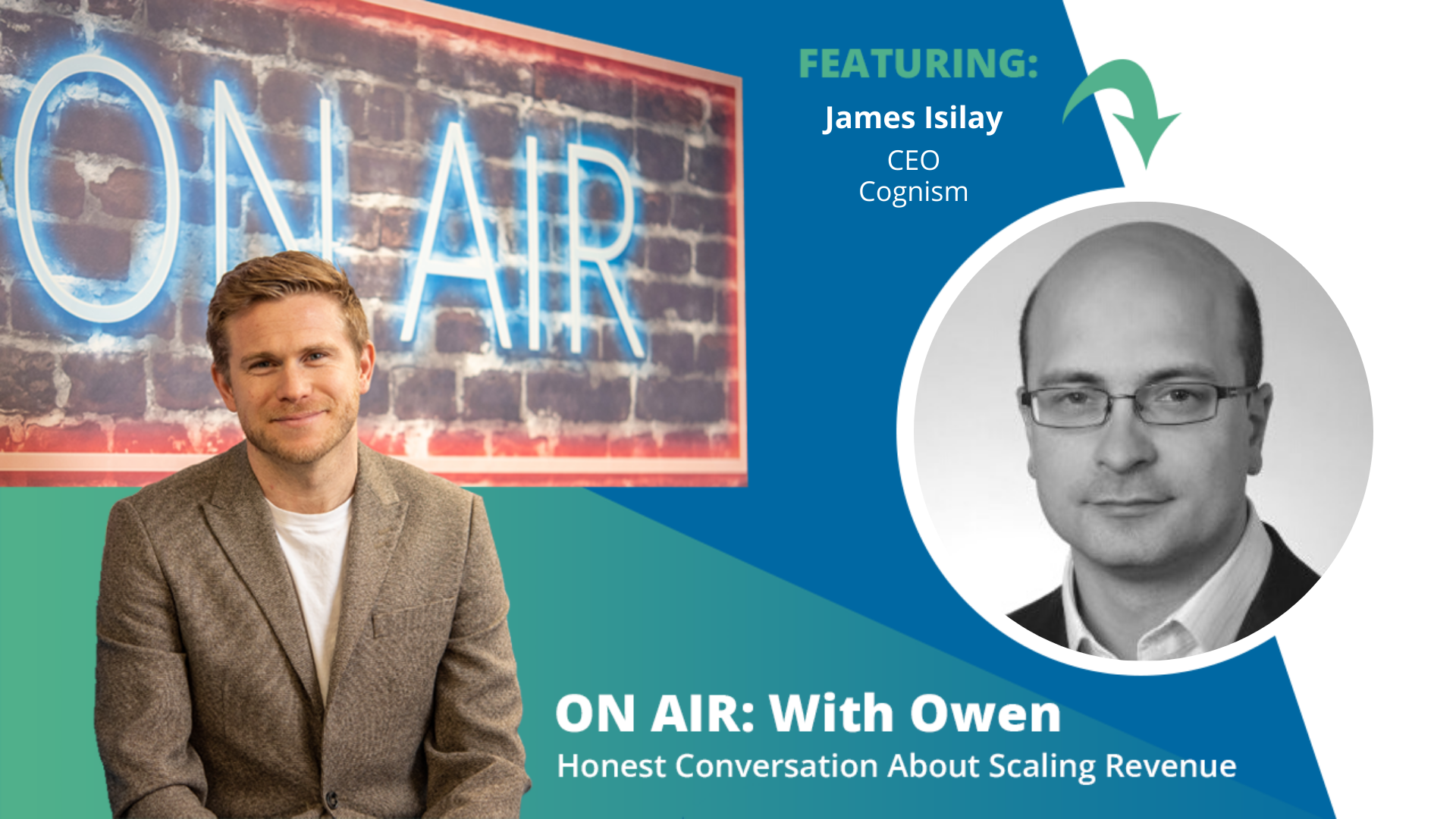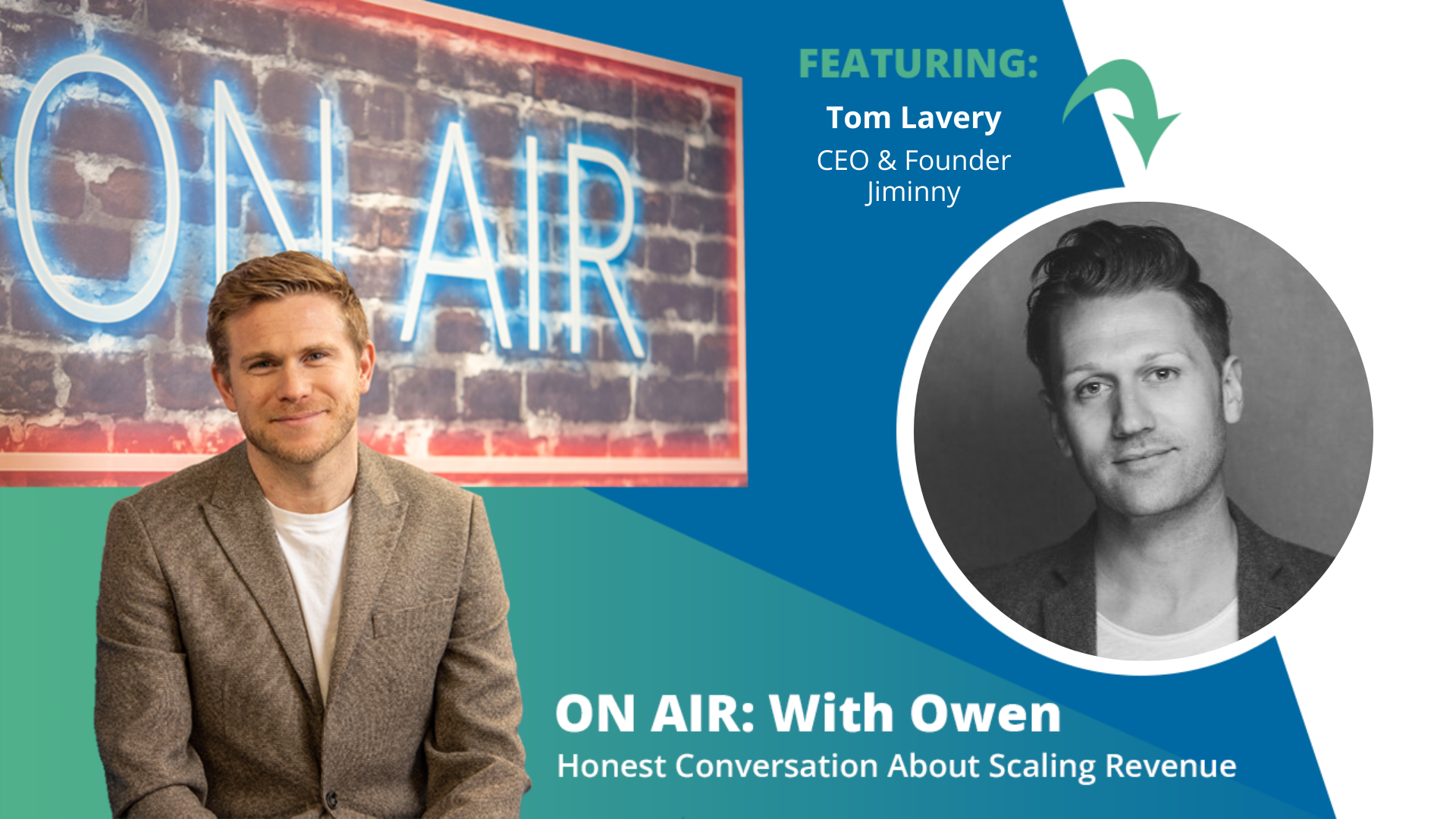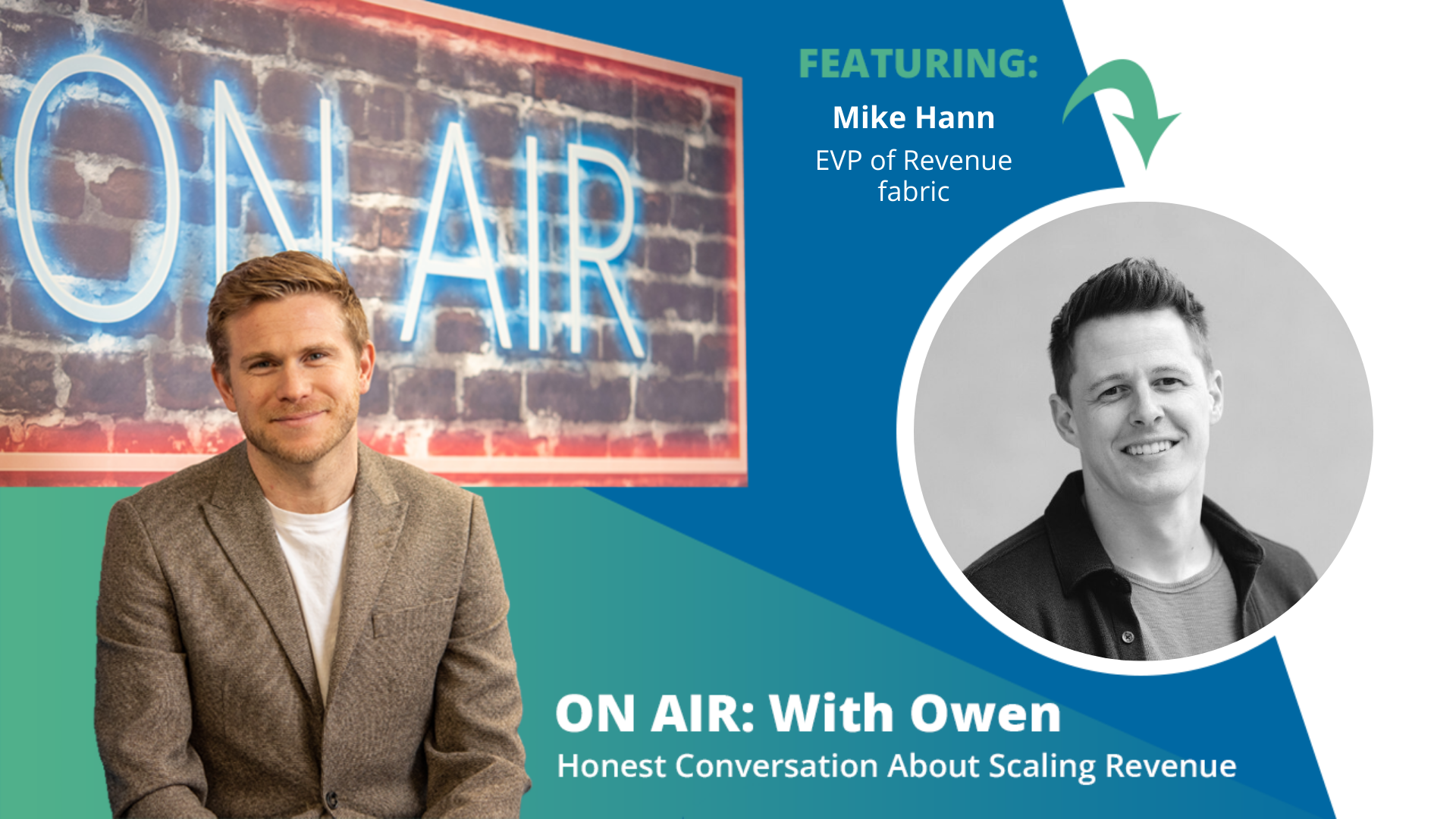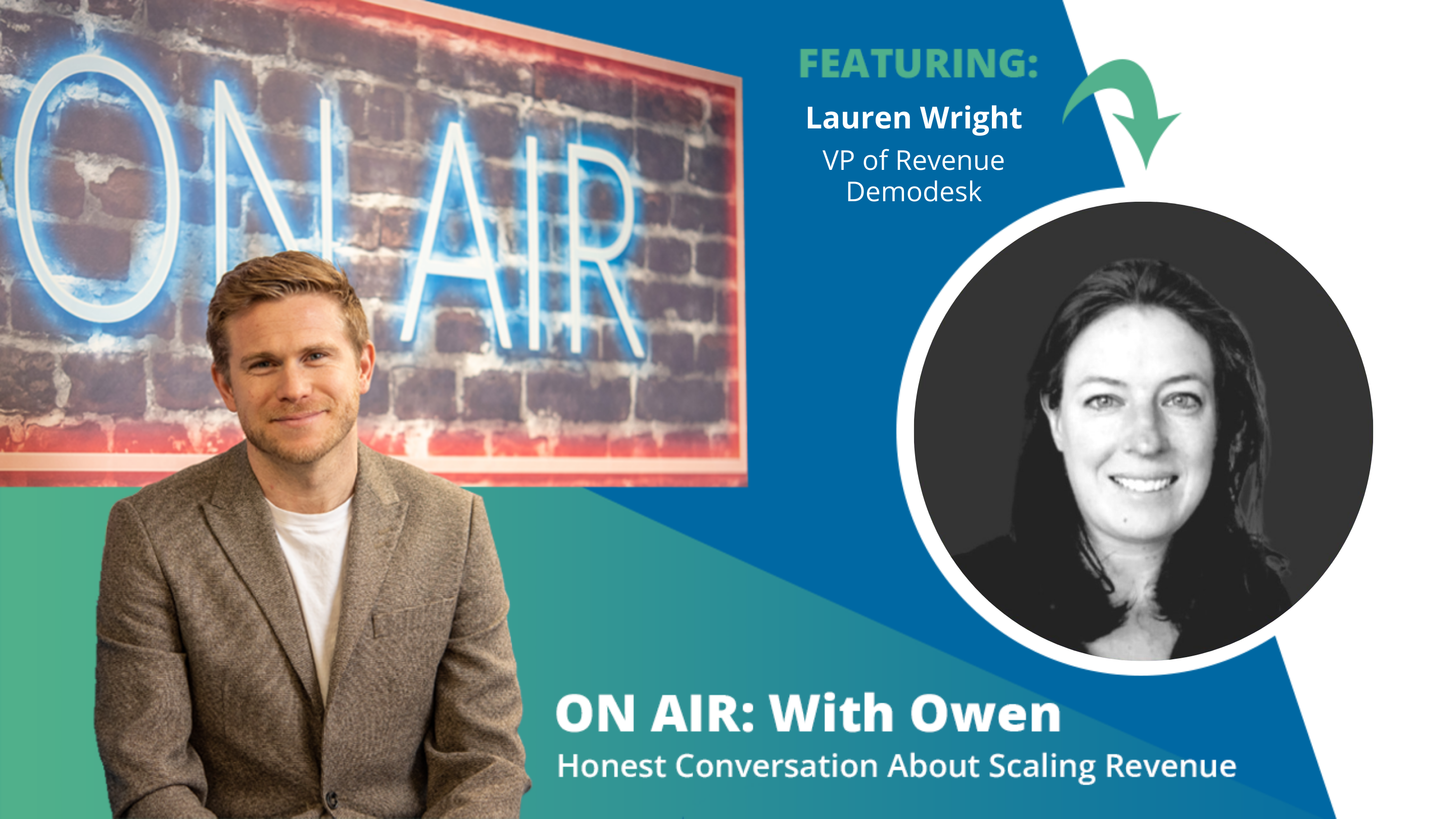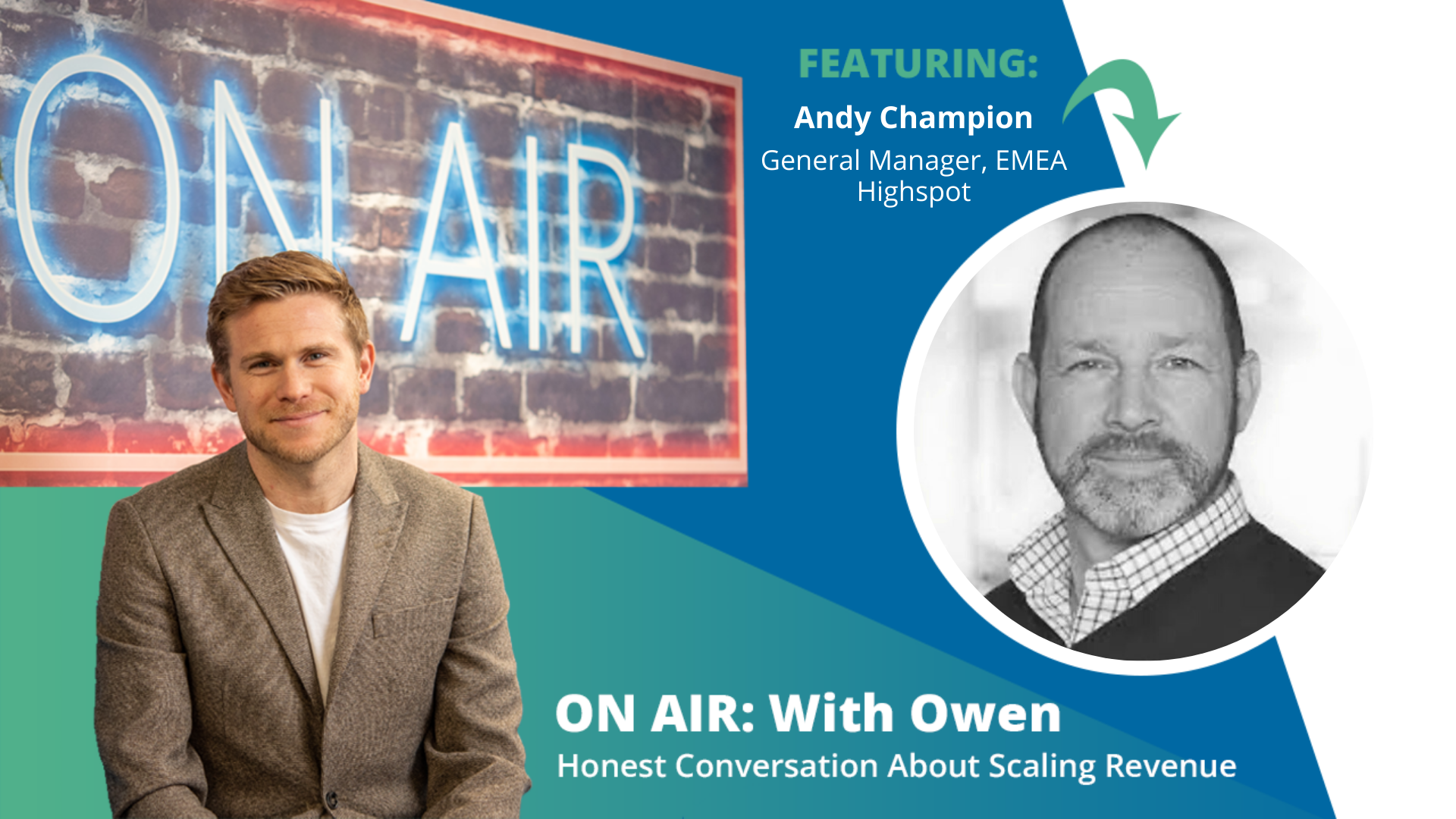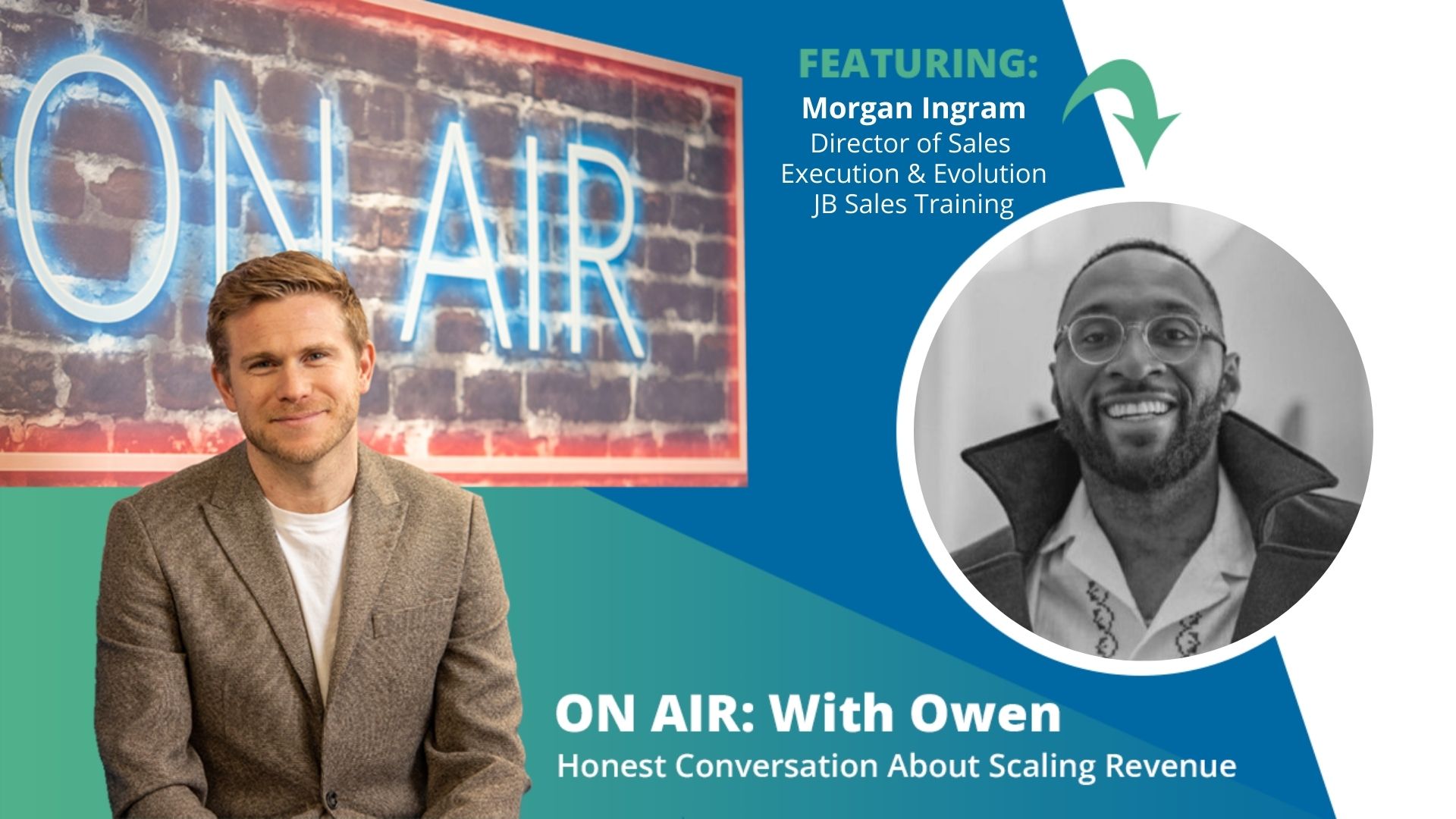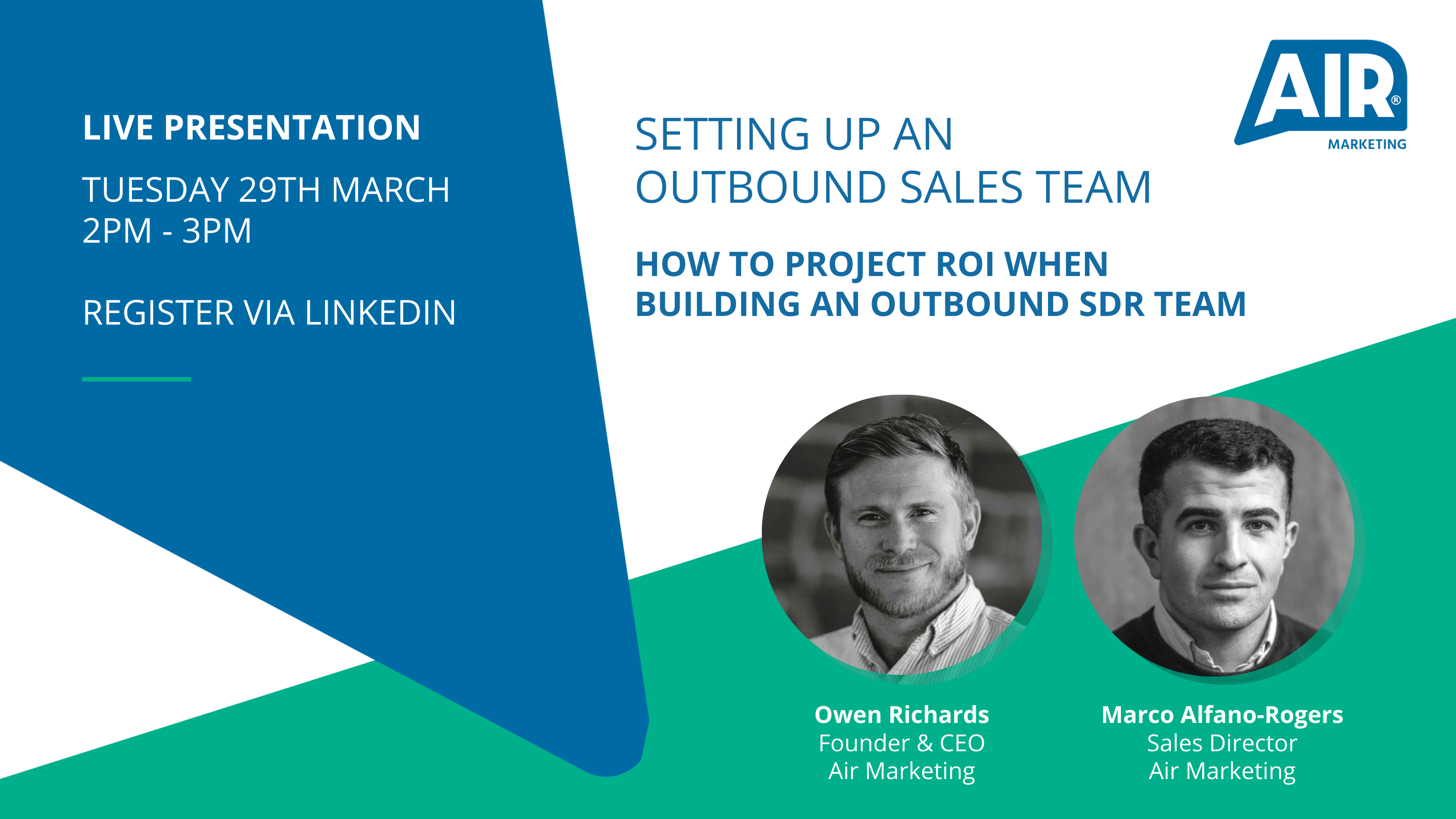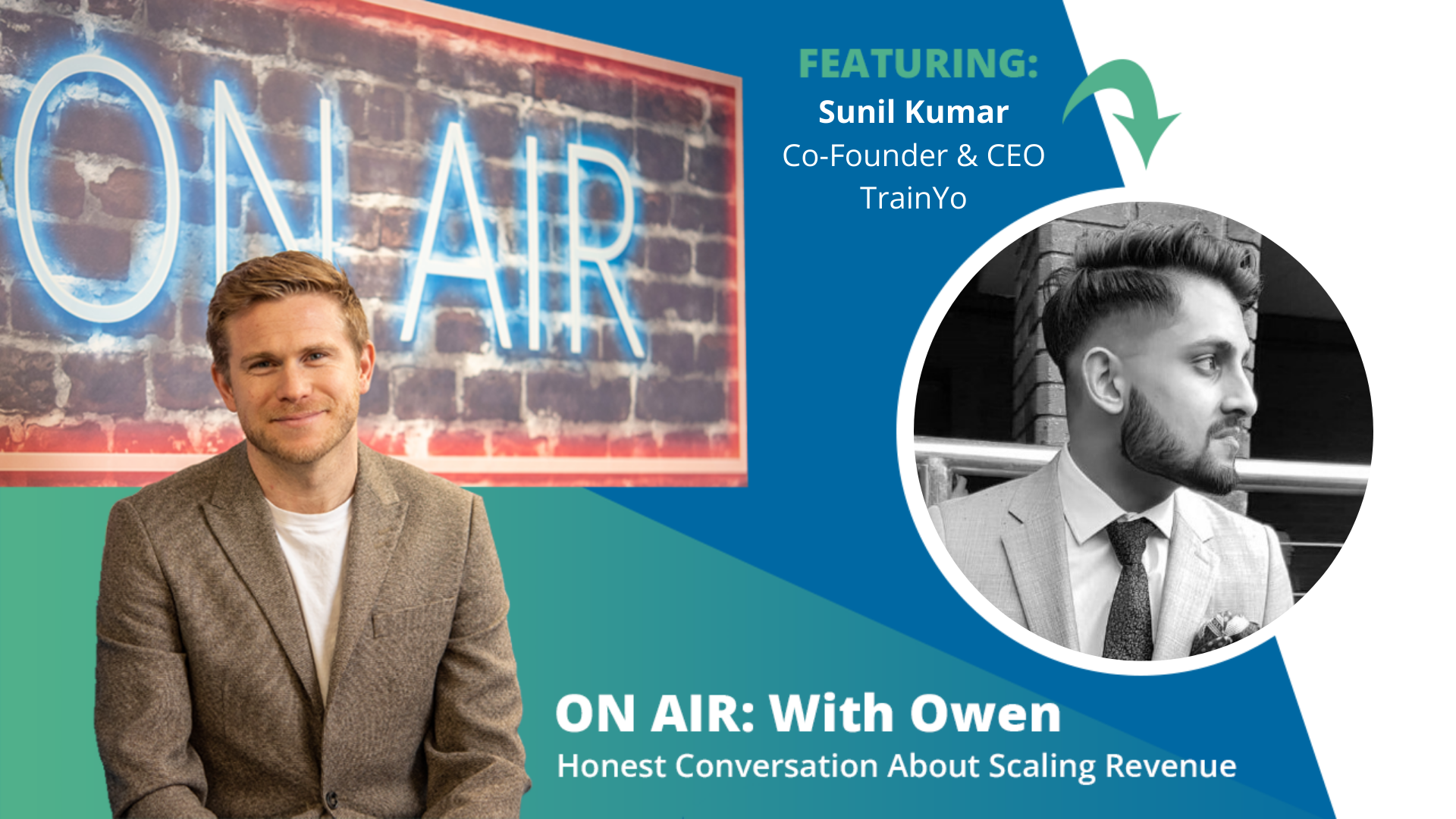When you’re making sales, what’s better? One well-researched and thought-out sales call or twenty hastily made ones?
We’ll bet that you went for the well-researched sales call.
Many SDRs agree that quality counts when it comes to generating leads. However, there is a fine balancing act between the number of calls you make and how targeted they are.
Let’s look at whether quality or quantity counts the most when it comes to sales.
How sales has changed over the past twenty years
At the turn of the new century, outbound sales enquiries were a lot more straightforward.
Phone calls were the sales channel of choice for most SDRs, and while the internet was a thing, many people didn’t have email addresses.
Some salespeople even sent pitches by fax!
Fast forward to 2022, and there is a lot more noise in sales than ever before.
The average person gets between 120 and 130 emails a day, social media is used as a sales channel, and we’re bombarded with ads all day long.
This makes it a lot harder to stand out when it comes to generating leads.
What does this mean for SDRs? It means…
- They have to pitch to as many people as they can in the hope that some will respond with interest
- They have to choose the people most likely to respond and send them a relevant pitch
But is a) or b) the right approach?
Quality can help save time
For most businesses, it pays to have a qualitative approach toward leads.
After all, it’s easier to call ten people and set up two meetings than to call 100 people and set up twenty meetings. The conversion rate may be the same, but your SDRs have spent their time more wisely.
However…
Spending time on a pitch doesn’t always make it high-quality by default
A short while ago, our Founder & CEO, Owen Richards, received a personalised Spotify playlist from a salesperson, with individual song titles requesting a meeting.
The technique was impressive and certainly got our attention at Air Marketing HQ. However, the product being sold was just not relevant to our needs – so it was a no from us.
We estimated that it must have taken about 30 minutes to build the playlist – a lot of time when you’re trying to make sales.
16 individual playlists for prospective customers, and that’s the working day gone!
Many SDRs think that spending time on a pitch automatically means it will result in a quality lead, but this isn’t true.
Any prospecting you do needs to be:
- Well-researched, ensuring that your prospect is a good fit for your product or service
- Relevant to the needs of your prospect
- Personalised towards your prospect. Over 70% of people now expect personalisation from businesses they work with
While the Spotify playlist was indeed personalised, it wasn’t something of interest to us.
Researching a prospective business doesn’t necessarily have to be time-consuming. Use the data you already have in your CRM system. Use social media to find the right person to talk to. Put criteria in place to quickly eliminate any unlikely buyers.
And most importantly… pick up the phone!
A phone call is more personal than an email or social media message, lets you steer the conversation and means you can move on quickly if you get a ‘no.’
Over half of senior-level buyers prefer to do business over the phone.
When quantity counts
As the old saying goes, ‘sales is a numbers game.’
While quality is important, there are circumstances when quantity can be the best approach.
If you’re selling a time-sensitive product or service or have a lot of competition, you may need to move quickly. In this situation, quantity is the right strategy.
Quantity can also help you move to a qualitative approach in the future. For example, let’s say you’ve recently launched a new business but aren’t 100% sure who your target audience is yet. You can use the data you’ve collected to see who is most likely to convert moving forward.
In conclusion: Quality or quantity – which is right for you?
There’s an assumption in sales that focusing on quality is a good approach and focusing on quantity is a bad approach.
However, this isn’t true. You can target lots of people and see success, as well as target a handful of people and get no leads at all.
If you opt to go for quantity, you need to make sure it’s the right approach for your needs.
If you decide to focus on quality, you need to make the research you do count.
Take the pressure out of generating leads with Air Marketing
If you’re struggling to get leads for your sales team, we can help.
Our skilled team of SDRs provide lead generation services and can fill your pipeline with warm opportunities that are ready to buy.
Contact our team today and see how we can save you time and resources.

